But how about homesteaders? Some of you, myself included, are growing to become more self-sufficient. We're also working on a soil-prep article so stay tuned for that
What are the Best Veggies for Homestead Gardens?
I'm starting with Radish because it's one of the first crops to mature in our garden. As long as your soil has balanced organic matter, Radish is an easy crop to grow and usually pest resistant. The Early Scarlet Globe Radish is heat tolerant and matures in as little as 22 days. The German Giant Radish matures in as little as 29 days and can be harvested small and early or let them grow as large as a tennis ball (no joke. I've done it)
For a mild flavor, the French Breakfast Radish is an excellent variety. For a longer growing, spicy option, the Japanese Minowase Daikon Radish
If you're looking for a good dual-purpose crop, Beans are your go-to homestead crop. Some varieties can be picked early as a snap bean or left on the plant to mature for a nice dry bean (for soups, etc).
Our favorite green beans are the Blue Lake Bush, Contender Buff Valentine bush, Provider Bush and Kentucky Wonder "Old Homestead" Pole Bean.
An excellent Dry Bean options is the Blue Speckled Tepary Bean, which can be traced all the way back to the Mayans and was a staple for Native Americans. Additional and delicious dry bean options include Cannellini, Jacob's Cattle and Red Striped Greasy Snap Bean
Th Scarlet Runner Beans make a great fresh bean or soup bean.
Greens are arguable one of the easiest varieties to grow. Depending on the variety, they can give very successful yields for several months. Most popular with our customers are Little Gem, Tom Thumb, Rouge D'Hiver and Parris Island Cos Lettuce.
While it's listed as a GREEN on our site, we're separating Swiss Chard from lettuce because it's a MUST on our homestead.
-We use Swiss Chard fresh in our salads
-We give some away for my sister's goats and chickens
-We sautee swiss chard with garlic and onions as a meal or snack AND use sauteed swiss chard in crustless quiche. YUM!!!
ALL of the Swiss Chards are delicious but the Ruby Red and Rainbow Chard are our favorites.
Here's another dual purpose for your homestead. Glass Gem corn for example is a great popping corn and can also be ground to make cornmeal. Floriani Red Flint Corn is a very unique, strong variety for cornmeal. Blue Clarage Dent Corn can be picked and eaten in the earlier stages or grown longer to use as a cornmeal OR chicken treat. Sweet Corn varieties can be used right away, frozen or canned. So many possibilities!
Even the pickiest of eaters might enjoy a nice beet green salad. We grow beets almost year round here on our homestead. The tops make a great salad. Beets can be eaten fresh, roasted or canned. Most Beets mature in 50-60 days, and are somewhat pest resistant. Even if bugs eat the tops, the bulb usually survives. Detroit Dark Red, Chioggio and Golden Beets have been our best producers so far. The Early Wonder is a great early maturing variety.
Onions take about 5 – 8 months to mature from the time the seeds are planted, so you’ll want to begin them early in January or February. If you are in an area that gets frost in winter, plant them indoors in pots or in a greenhouse to give them protection. Bunching onions are a faster maturing option.
For an early harvest, the Thessaloniki and German Lunchbox Tomatoes are fantastic producers.
Determinate VS. Indeterminate Tomatoes
Determinate varieties of tomatoes, also called "bush" tomatoes, are varieties that are bred to grow to a compact height (approx. 4 feet). They stop growing when fruit sets on the terminal or top bud, ripen all their crop at or near the same time (usually over a 2 week period).
Indeterminate varieties of tomatoes are also called "vining" tomatoes. They will grow and produce fruit until killed by frost and can reach heights of up to 10 feet although 6 feet is considered the norm. They will bloom, set new fruit and ripen fruit all at the same time throughout the growing season.
Our all-time favorite, heavy producing tomatoes are Amana's Orange, Cherokee Purple, Green Zebra and San Marzano
Sweet, Spicy, Stuffing, Frying, Pickling and so much more!!! Peppers are a great crop for homesteaders. Our favorite for an all-purpose pepper is the Cal Wonder Bell Pepper. For a sweet (big) pepper, we like the Quadrato D'Asti Giallo Pepper.
HOT peppers are tougher to pick. We grow as much as possible for hot sauce, pickling and our Organic bug spray.
Jalapeno is a great mild hot pepper
Serrano is a great hot pepper
Corbaci is a new, mild-hot pepper that we're growing this year.
Habanero is a great HOT pepper
Ghost Peppers are the hottest pepper we carry and they are not to be taken lightly. They can cause severe reactions/discomfort if you're not careful.
Summer squash are usually a faster maturing option. Summer Squash take longer to mature but usually store for longer than summer varieties. Squash is a great addition to your homestead garden since they are heavy-producers and make seed saving a bit easier IF you are mindful of cross-pollination. Black Beauty Zucchini and Golden Crookneck are our homestead favorites. Spaghetti Squash and Butternut Squash are Winter Squash favorites.
For Pumpkins, the Small Sugar Pumpkin is a must. This is a great pumpkin pie variety.
Give Peas a chance! But first, decide what type of pea you'd like. Southern Peas, also called Crowder Peas are not your garden variety peas. Southern Peas are used like you would a dry bean. Our homestead favorite is the Whippoorwill Southern Pea. Then you have Garden Peas, also called Shelling Peas, and these are great for canning and soups. Sugar, Snow and Snap Peas are useful for homesteaders as well.
There are so many unique veggies available, too many to list in a single article. We've gone over a few of our favorites. We'd love to hear from YOU about your favorite homestead crops.

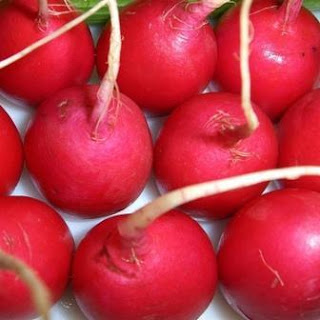
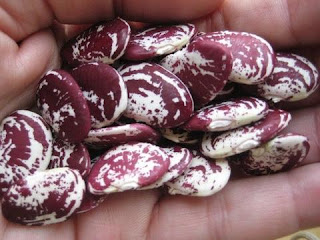

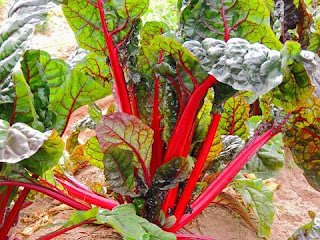
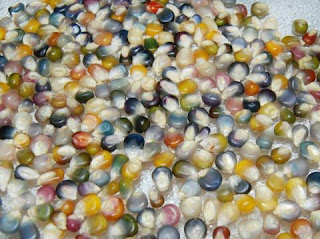
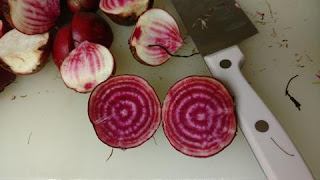
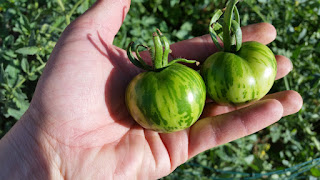
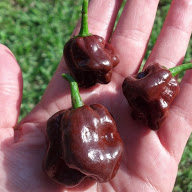
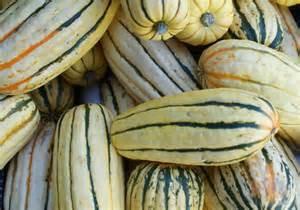

2 comments
I’ve always wanted a raised garden beds. Your site is very informational and now I know what to plant with what. Thank you
Interesting. I don’t have a garden, but I’m seriously considering creating a mini herb garden in my kitchen, let’s hope it works…Thank you for joining The Really crafty Link Party this week! Pinned!